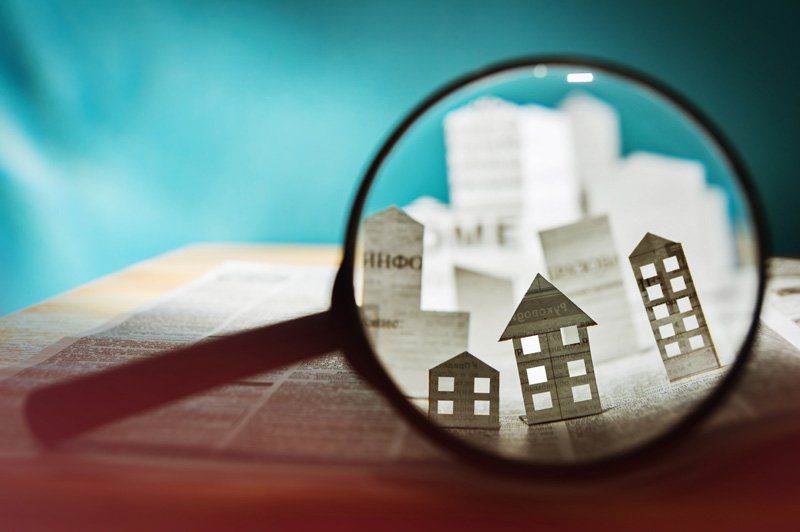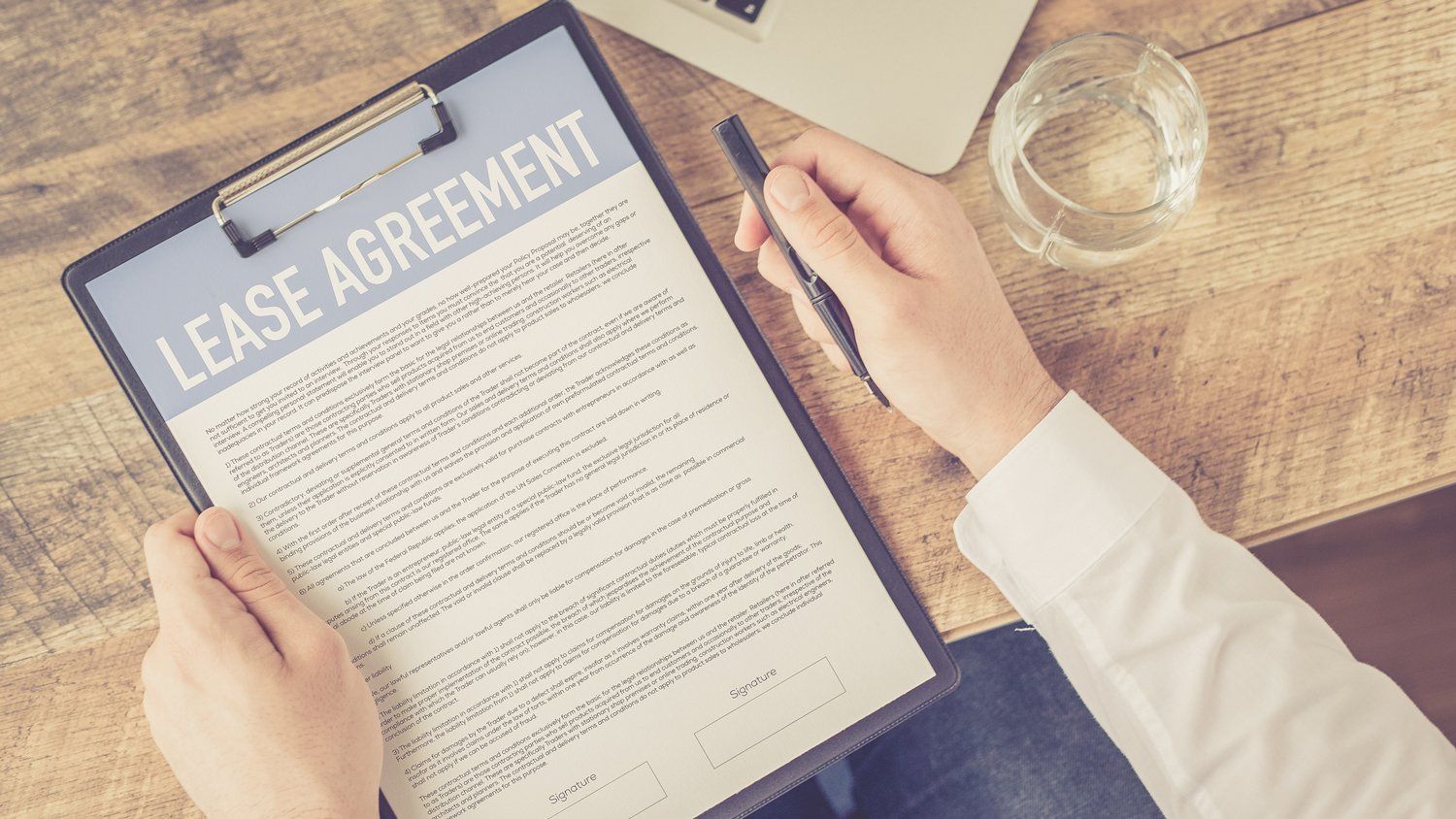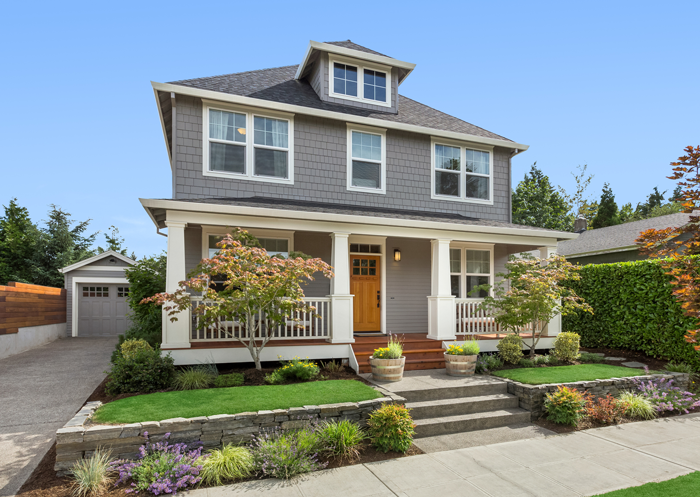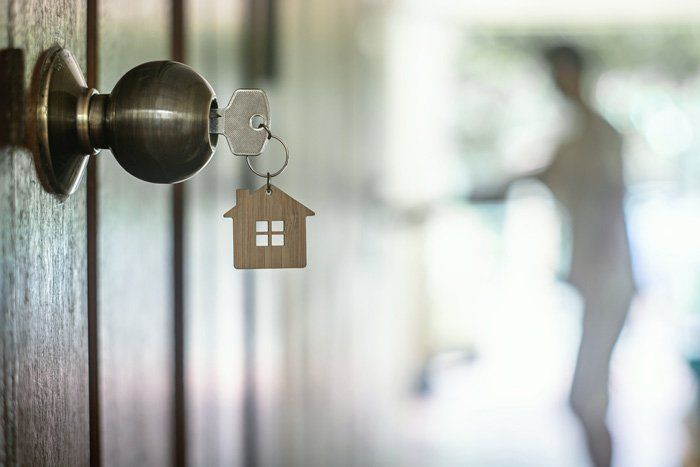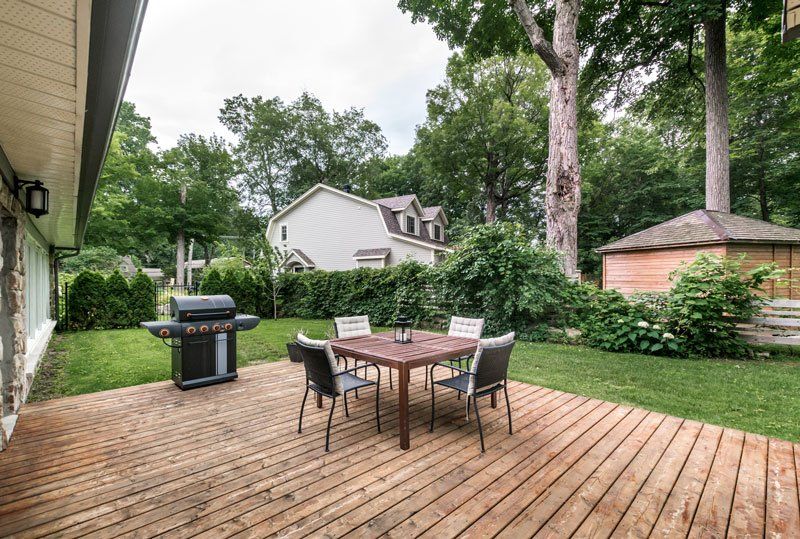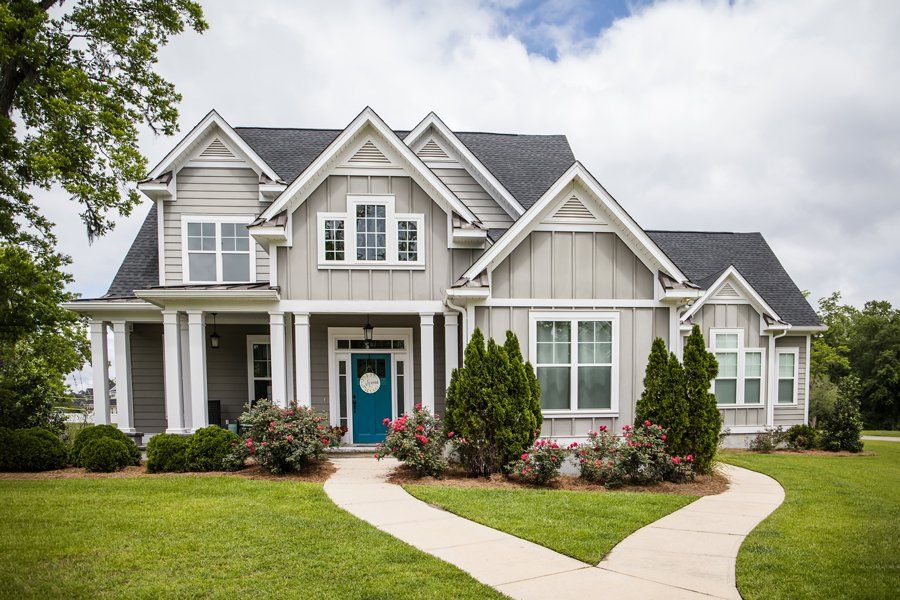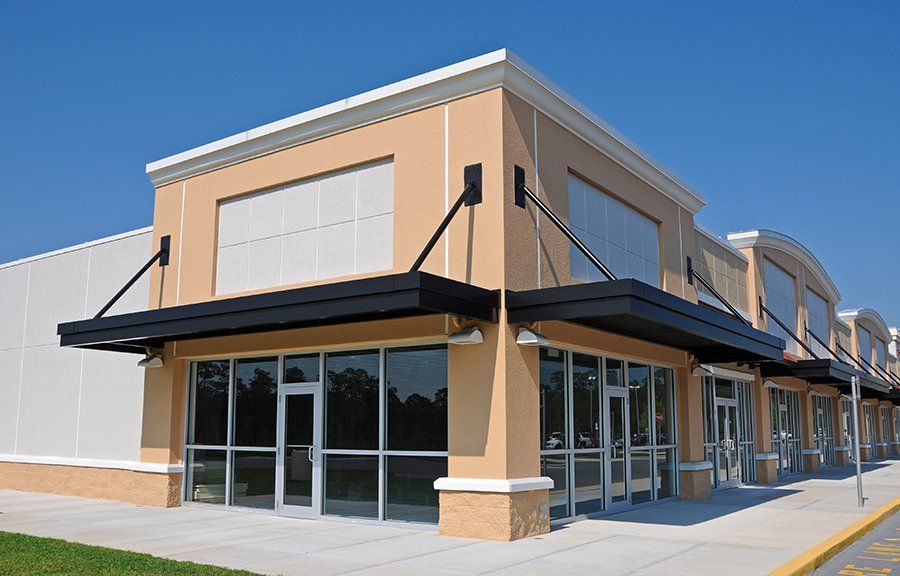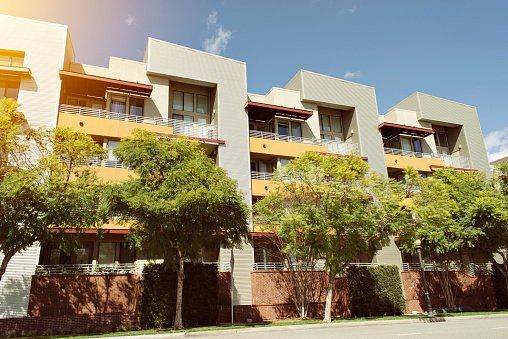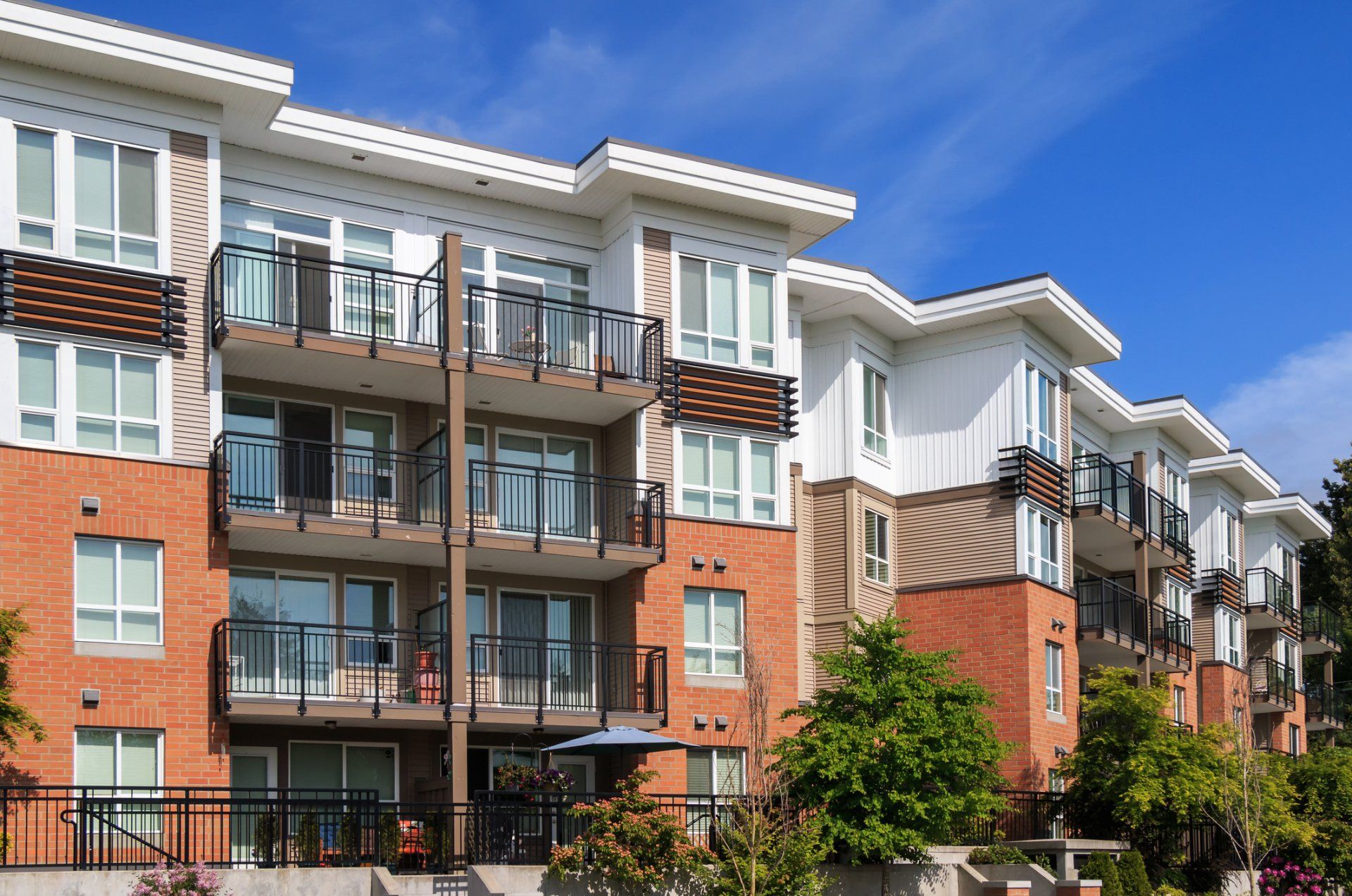
Selling and Buying at the Same Time? Keep Your Investment Safe
- By Admin
- •
- 10 Jan, 2019
- •

Moving to a new home while your old one is still on the market adds an extra level of challenges during the buying/selling process. But that doesn't mean you can't easily manage your previous home while you're moving on. What do you need to know about moving with an old and new home? Take a look at the ways that you can keep your initial investment safe.
Add an Alarm
In 2016, the rate of property crimes in the United States topped 118 per every 1,000 households, according to the U.S. Bureau of Justice Statistics. If your home doesn't already have an existing alarm, considering adding one before your final move day. This is the first step to prevent a property victimization while your home is vacant.
When you spend the day moving boxes out of the house and into the truck, you basically tell anyone who drives or walks by that your house is soon to be vacant. This gives potential burglars an easy target. An incognito move or one done under the cover of darkness isn't reasonable. But if a wood-be thief sees that you have an alarm set up, they may stay away. Most security companies will provide you with a sign or window sticker to notify others that the building comes equipped with an alarm.
Talk to Neighbors
If your neighbors know you're moving, they can be a first-line resource against potential problems once your home is vacant. If you're close to your neighbors, talk to them early on in the moving process. This gives you time for a few different asks. For example, if you need help packing or moving furniture/boxes, now is the time to ask your neighbors.
Along with help for the move itself, ask your neighbors to watch out for your old home. Depending on your comfort level, consider giving your neighbor a spare key. They can check up on your home every few days, making sure that there are no interior problems. If you don't feel comfortable handing over a key, ask a neighbor to call or text you if they see an intruder, damage, or something else that's suspicious.
Hire a Landscaper
Now that you have a second mortgage and move-related expenses to pay, the sooner you unload your first house the better. But you still need to take care of your old home, which includes landscaping expenses.
Curb appeal sells houses. An overgrown yard presents two problems. An unkempt yard lowers the curb appeal, which makes it more difficult to sell your home.
Also, while a messy yard looks bad to potential buyers, iit has the opposite effect on potential burglars. Grass that's growing wild, bushes that are jagged, and flower beds filled with weeds are obvious sign that the house is vacant - making it a prime target.
A landscaper can stop by at your request to mow the grass and declutter the yard. Try to set a regular schedule so you don't have to worry about an unkempt yard and the potential consequences.
Install Smart Features
Smart home features are major selling points. Even though you're moving and won't use these features, the next owner may pay more for a house that comes equipped with them. Along with adding value to your home, these features can protect it after you've moved:
-
Smart thermostat. An empty, hot house is a recipe for warped wood and other potential problems. A smart thermostat allows you to set the indoor temperature remotely, get interior environmental information while you're away, and create a money-saving on/off routine for your heater or air conditioner.
-
Doorbell sensor. If you don't have a security system, or you want added protection, a doorbell sensor allows you to see anyone who approaches your house.
-
Smart lights. Periodically turning the lights on makes it look like someone's home. Instead of using an old-style timer, a smart system allows you to remotely control the lighting.
Consider also adding smart or timed features to your home's exterior. Outdoor smart lights or motion sensor lighting can prevent a break-in or vandalism.
Are you ready to sell and buy? Or are you struggling maintaining your old home after you have moved to a new one? Contact us at Heritage Realty & Insurance for more information.


